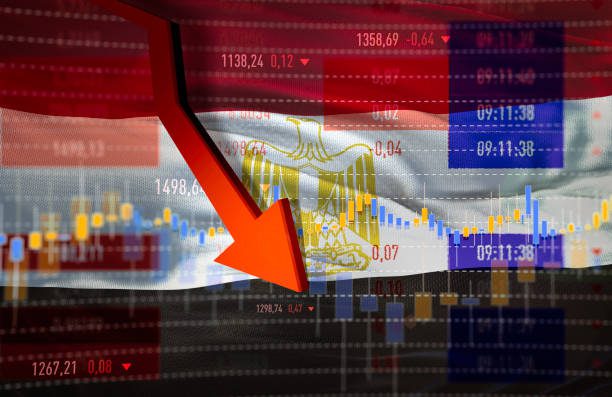Egypt announced on Wednesday that it had finalized an agreement with the International Monetary Fund (IMF) for an expanded funding package worth $8 billion. This announcement came just hours following the central bank’s decision to free its currency and implement a substantial increase in interest rates by 600 basis points, aiming to achieve economic stability.
Furthermore, the Egyptian government is set to receive an additional loan of $1.2 billion focused on environmental sustainability, elevating its total financial support from the IMF to over $9 billion. This figure aligns with the lower spectrum of projections made by some market analysts.
The exchange rate of the Egyptian pound witnessed a significant adjustment, depreciating to more than 50 pounds against the dollar, a notable drop from its previous rate of around 30.85 pounds. This move ended Egypt’s prolonged efforts to maintain its currency value. The day concluded with the pound slightly recovering to 49.4 against the dollar.
Adopting a more flexible exchange rate is deemed essential for regaining the confidence of investors and meets a critical requirement of the IMF. The Fund has been in dialogue to augment its current support program for Egypt, which is already valued at $3 billion, highlighting the country’s status as the most populous in the Arab world.
Historically, Egypt has pledged to transition to a more adaptable currency system, yet often reverted to tightly controlling the pound’s value amidst depreciation. Currently, facing an enduring economic downturn exacerbated by persistent shortages of foreign currency, Egypt appears to be counting on incoming foreign investments to mitigate currency volatility. This optimism is partly based on a recent $35 billion investment agreement with the United Arab Emirates, finalized in late February.
However, analysts express ongoing concerns regarding Egypt’s dedication to essential structural reforms. These reforms, which have been consistently avoided, include diminishing the extensive economic dominance of the state and military establishments.
In a direct response to escalating inflation, which hit unprecedented levels last year causing widespread financial strain among countless Egyptians, the central bank has elevated its overnight lending rate to 28.25% and the overnight deposit rate to 27.25%. These measures represent Egypt’s rigorous effort to curb inflation and ease the economic burden on its citizens.

















